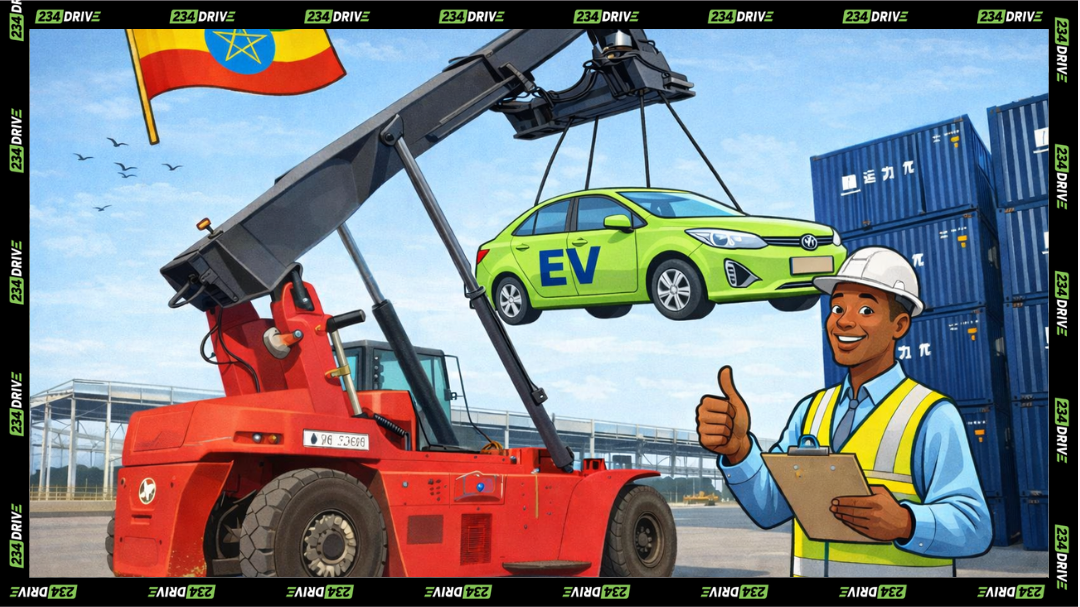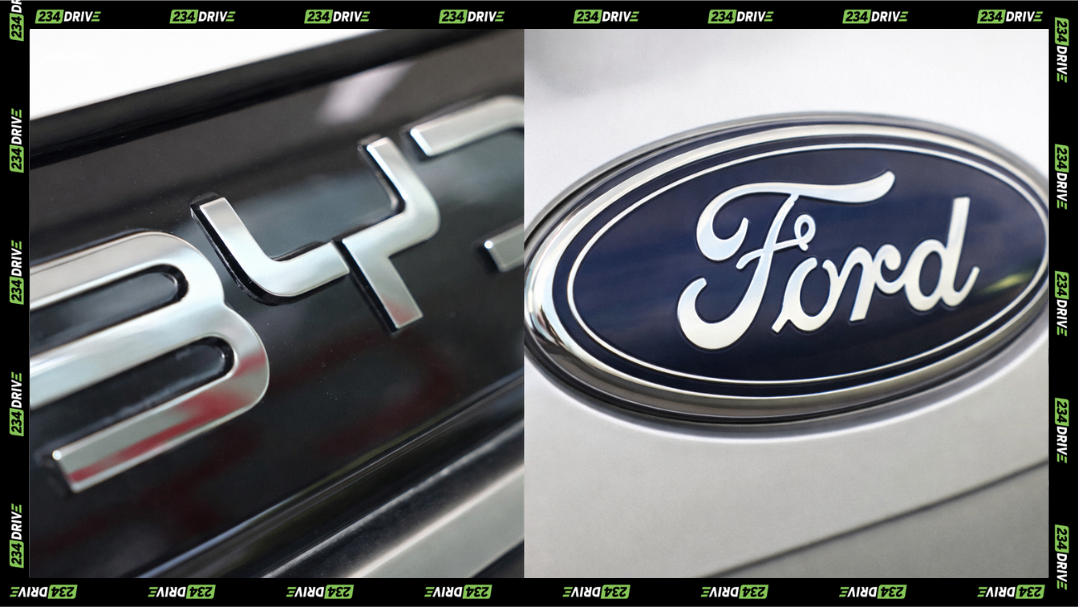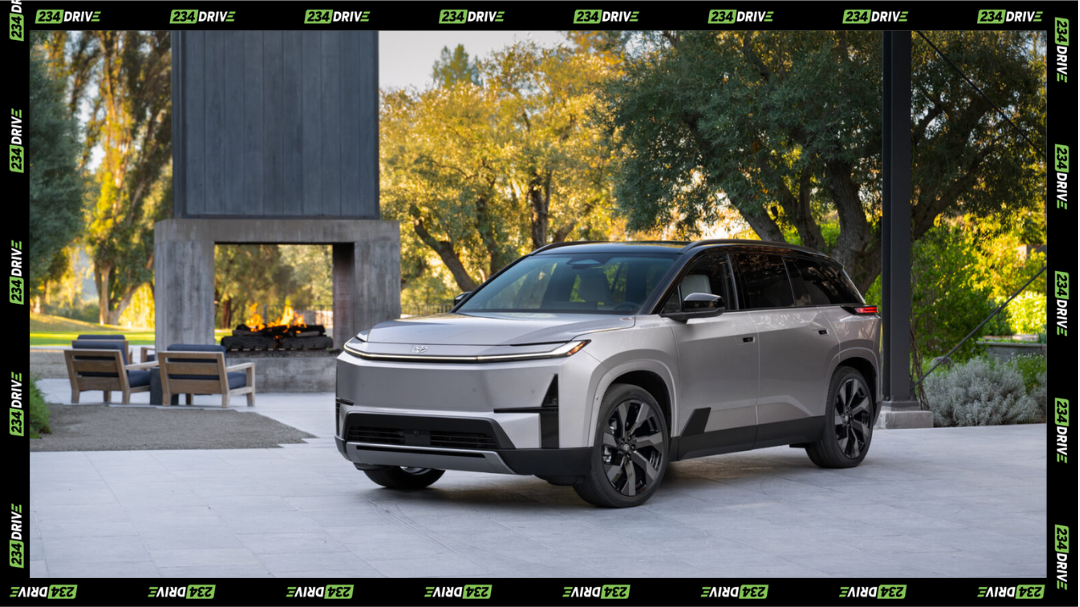The 39th edition of South Africa’s Car of the Year (COTY) award delivered a strong statement about the direction of the country’s automotive market. Organised by the South African Guild of Mobility Journalists and powered by Old Mutual, the 2025 competition recognised vehicles that balance innovation, market relevance, and local manufacturing impact. This year’s top honour went to the BMW X3, produced at the Rosslyn plant in Gauteng.
This win not only highlights the model’s product strengths but also reinforces the strategic importance of local assembly. Building the X3 in Gauteng supports South African jobs, expands the country’s manufacturing capabilities, and strengthens its position as a key player in the global automotive export market.
Overview of the Winner
The BMW X3 (G70) secured the overall title, marking BMW’s eighth COTY win since 1988. The locally assembled SUV was praised for refinement, design, advanced digitisation, and value for money. Its recognition underscores the role of South African manufacturing in meeting both domestic and export market demands, supporting jobs, and contributing to GDP.
Competition Process
The 2025 competition began with 29 semi-finalists, later narrowed to 17 finalists. Over three days at Zwartkops Raceway and surrounding public roads, jurors evaluated design, technology, affordability, safety, and driving dynamics using a 32-question score sheet. Vehicles were judged within their segments, with only newly launched 2024 models eligible. The panel included 27 senior journalists and four trainees, and results were verified by an independent auditor.
Podium and Category Winners
Overall Winners:
- BMW X3 – Overall and Premium category winner.
- Suzuki Swift – Budget category winner, noted for six standard airbags and strong value.
- BMW M5 Hybrid – Performance category winner, combining V8 power with hybrid tech.
Other Category Winners:
- Family Car: Volkswagen Tiguan – Practicality and ride comfort.
- Executive: BMW G60 5 Series – Luxury and advanced driver assistance.
- Adventure Utility: Toyota Land Cruiser Prado – Off-road durability.
- People’s Choice: Mahindra XUV 3XO – Public vote for value and fuel efficiency.
Exterior, Interior, and Performance Highlights
Starting with the BMW X3, this SUV presents a well-proportioned exterior with sharp lines, a bold kidney grille, and a stance that blends sportiness with premium appeal. Moving inside, its cabin features high-quality materials, a logically arranged dashboard, and an advanced infotainment system designed for ease of use. On the road, refined suspension, efficient powertrains, and responsive steering deliver a comfortable yet engaging drive in both city and long-distance settings.
Transitioning to the Suzuki Swift, the model offers a compact, modern exterior with clean contours that support aerodynamic efficiency. Inside, it prioritises practicality with comfortable seating, straightforward controls, and durable finishes suited to everyday use. Thanks to its lightweight construction, fuel economy is enhanced, while the small-capacity engine provides dependable performance for daily commuting.
Finally, the BMW M5 Hybrid combines aggressive exterior lines and aerodynamic detailing to signal its performance credentials. Inside, it delivers a mix of luxury and sport with premium materials, supportive seating, and comprehensive digital displays. In terms of performance, a hybrid-assisted V8 engine produces rapid acceleration and dynamic handling while incorporating efficiency-focused technology.
Market Trends
The finalist lineup reflected a growing presence of hybrid and electric models alongside traditional powertrains. Chinese brands such as GWM, Chery, and Jaecoo featured prominently, showing South Africa’s openness to diverse market players. SUVs and crossovers remained dominant, driven by demand for space, safety, and elevated driving positions.
BMW’s Legacy
Since first winning in 1988, BMW has consistently adapted to shifting market demands, from luxury sedans to performance hybrids and locally produced SUVs. The 2025 win for the X3 reinforces its ability to combine innovation, consumer appeal, and local economic contribution.
For the wider African market, such recognition strengthens the case for locally built premium vehicles, showing they can meet international standards while being tailored for regional needs. It also highlights the potential for increased investment in assembly plants, skills development, and parts supply chains within the continent, creating more competitive and sustainable automotive ecosystems.
Final Take
The 2025 COTY results confirm South Africa’s automotive sector as competitive and forward-focused. The BMW X3 stood out by delivering on innovation, local production value, and market fit. As the industry moves toward cleaner and smarter mobility, the next edition will test how automakers respond to evolving consumer and environmental priorities.










